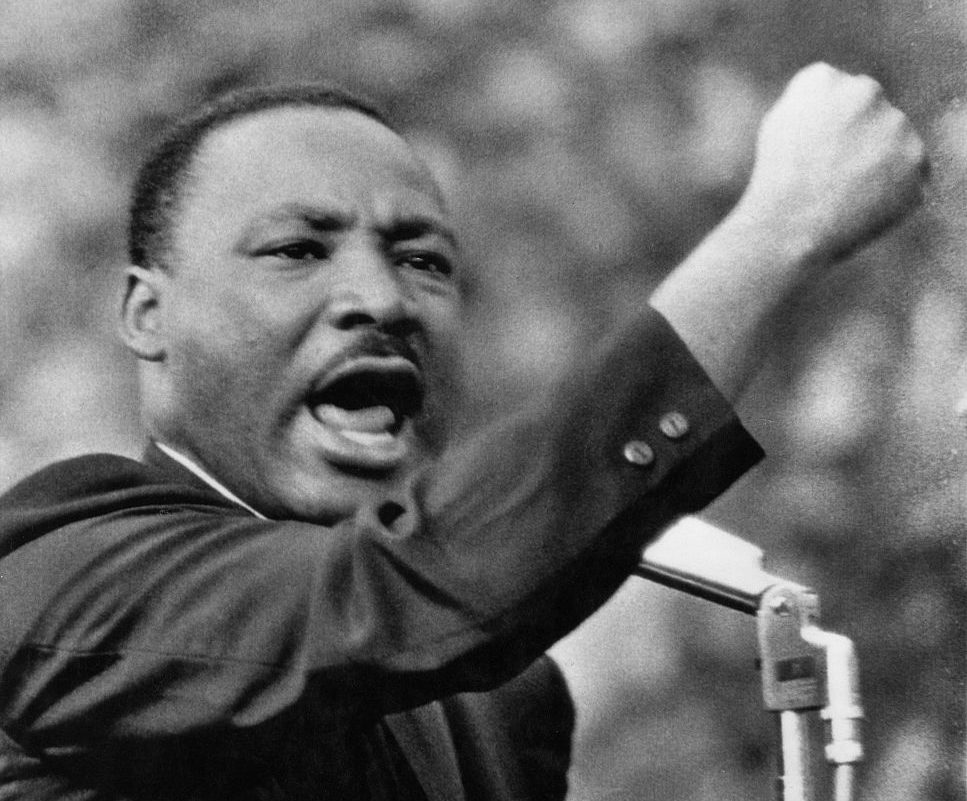Britain’s trade chief to press White House on Trump tariffs in Washington trip
LONDON — Britain’s trade chief hopes to push forward trade talks with Donald Trump’s Cabinet on a trip to Washington at the end of this month, two people familiar with the plans told POLITICO.
The U.K. in May became the first country to secure a trade pact with the Trump administration, paving the way for a 10 percent tariff for most British goods, as well as tariff relief for British carmakers and aerospace firms.
But executives working at the top of Britain’s steel, film and pharmaceutical industries remain alarmed by the uncertainty created by Trump’s trade war.
The U.K.’s trade secretary, Jonathan Reynolds, plans to spend four to five days in Washington. The trip will begin in the week of July 28, said one of the people cited above, granted anonymity to discuss the plans.
Reynolds is preparing to meet U.S. Trade Representative Jamieson Greer and Commerce Secretary Howard Lutnick to discuss sectoral tariffs and seek to negotiate down Trump’s 10 percent “reciprocal” tariffs on U.K. imports.
The trip will fall around the time that Trump is expected to meet U.K. Prime Minister Keir Starmer while on a private visit to Scotland.
The president told reporters Tuesday night that he and Starmer “have a little to discuss” on the trade deal the two struck in early May when they meet later this month, but added the pact “is really very well done.”
‘10 percent here to stay’
Britain’s ambassador to the U.S., Peter Mandelson, warned last weekend that he expects America’s 10 percent tariff on U.K. goods is “here to stay” despite the U.K.’s efforts.
Experts say that it could also be difficult to secure promised further relief on U.S. imports of Britain’s steel and aluminum.

When the U.S. raised tariffs on the metal imports to 50 percent at the start of June, the U.K.’s tariff rate remained at 25 percent thanks to the trade deal Trump struck with Starmer in May. But further tariff relief for the sectors, promised in the deal, is yet to materialize.
Getting Trump to cut both reciprocal and steel and aluminum tariffs will be difficult, said Maxime Darmet, an economist at Allianz Trade. The U.S. wants to keep the 10 percent tariffs “as a minimum” and warned that steel and aluminum “are two sectors they really want to protect.”
“Negotiations are going to be tough on agri-food trade,” Darmet added, pointing out that Washington will push Britain to offer more market access for U.S. farmers in exchange for further tariff relief. London committed to aligning with EU food standards at a key summit with Brussels in May, he pointed out, making it tricky to open its market further.
Reynolds acknowledged last month that it will be difficult to get the Trump administration to implement cuts to the 25 percent steel and aluminum tariffs promised in the U.K.’s trade agreement with the U.S.
That’s because of the U.S.’s “melt and pour rules” that require steel imported to the U.S. to be manufactured in its country of origin, he said. Britain’s largest steel mill at Port Talbot is currently importing steel from India and the Netherlands as it transitions to new electric arc furnaces.
Gareth Stace, director-general of industry lobby UK Steel, warned earlier this month: “It remains unclear whether, and when, our second-largest export market will fully reopen, and when our U.S. customers can confidently place orders knowing they will receive the agreed zero-tariff rate.”
The Department for Business and Trade declined to comment.




















:quality(85):upscale()/2025/10/15/765/n/1922398/29c37a6e68efd84bb02f35.49541188_.jpg)
:quality(85):upscale()/2025/10/09/670/n/1922283/00b944c868e7cf4f7b79b3.95741067_.jpg)
:quality(85):upscale()/2025/09/09/891/n/1922283/7222624268c08ccba1c9a3.01436482_.png)
:quality(85):upscale()/2023/10/03/668/n/1922283/1f15c8a9651c2d209e5eb5.32783075_.jpg)
:quality(85):upscale()/2025/08/14/650/n/1922283/470aeb83689df49cdc1bb6.14084110_.jpg)













:quality(85):upscale()/2025/07/10/708/n/1922398/8fe2782e686fe372b38bf8.29984296_.jpg)
:quality(85):upscale()/2025/01/08/844/n/1922398/cde2aeac677eceef03f2d1.00424146_.jpg)

